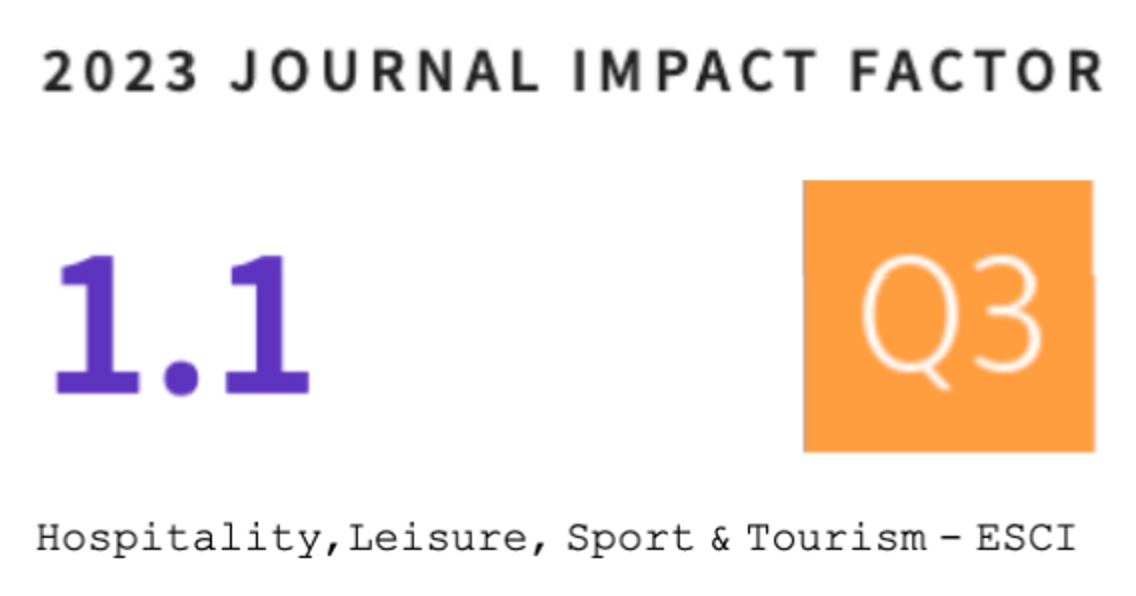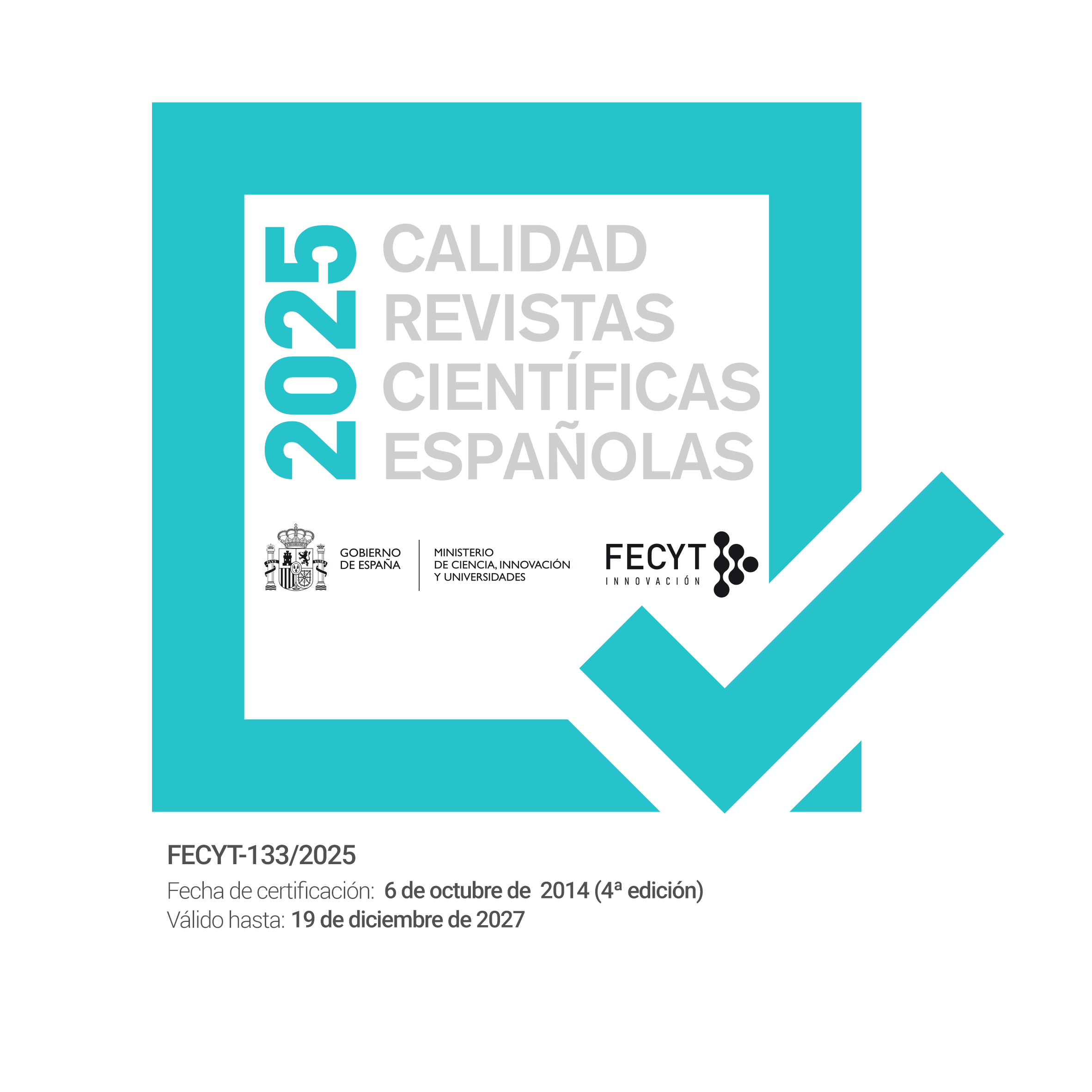Jigsaw Puzzle technique vs. traditional group work: academic performance and satisfaction of the university students
DOI:
https://doi.org/10.12800/ccd.v18i58.2034Abstract
In recent years, alternative learning methods as the Jigsaw Puzzle (JP) technique have grown in relevance to traditional teaching to promote the easier acquisition of competencies in Higher Education. The aim of the present research was to compare the academic performance and the degree of satisfaction of the students depending on whether the JP technique or traditional group work was used. The study involved students in the 2nd year of the Degree in Physical Activity and Sports Sciences (20.11±0.43 years). This group was divided in two to de-velop a workshop, and in each subgroup a different technique was applied. The grade obtained in the workshop by each student was evaluated, as well as the degree of satisfaction with the technique used. The JP group obtained a grade (p˂0.001) and satisfaction with the technique used (p = 0.023) higher than the traditional group work group. A correlation was found between the grade obtained in the workshop and the degree of satisfaction (CCI = 0.360) at a level of p = 0.004. In conclusion, the implementation of a one-off session based on the JP technique as opposed to the one-off teaching of the same subject with a traditional group work technique has certain advantages, such as better grades obtained by the students and greater satisfaction with the teaching-learning process.
Published
How to Cite
Issue
Section
License
Copyright (c) 2023 Creative Commons Attribution License

This work is licensed under a Creative Commons Attribution-NonCommercial-ShareAlike 4.0 International License.
The authors who publish in this journal agree with the following terms:
- The authors retain the copyright and guarantee the journal the right to be the first publication of the work as well as licensed under a Creative Commons Attribution License that allows others to share the work with recognition of the authorship of the work and the initial publication in this journal.















